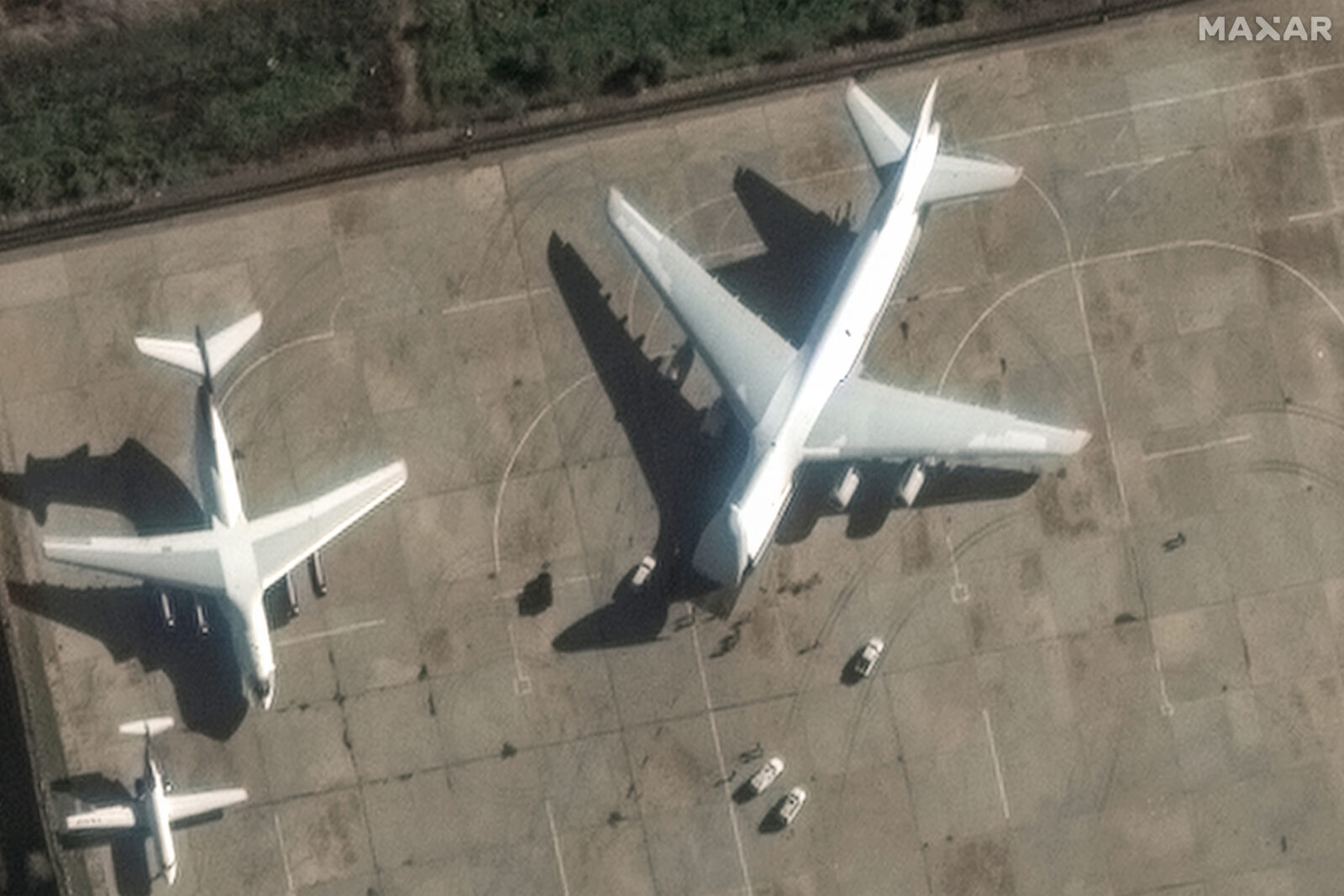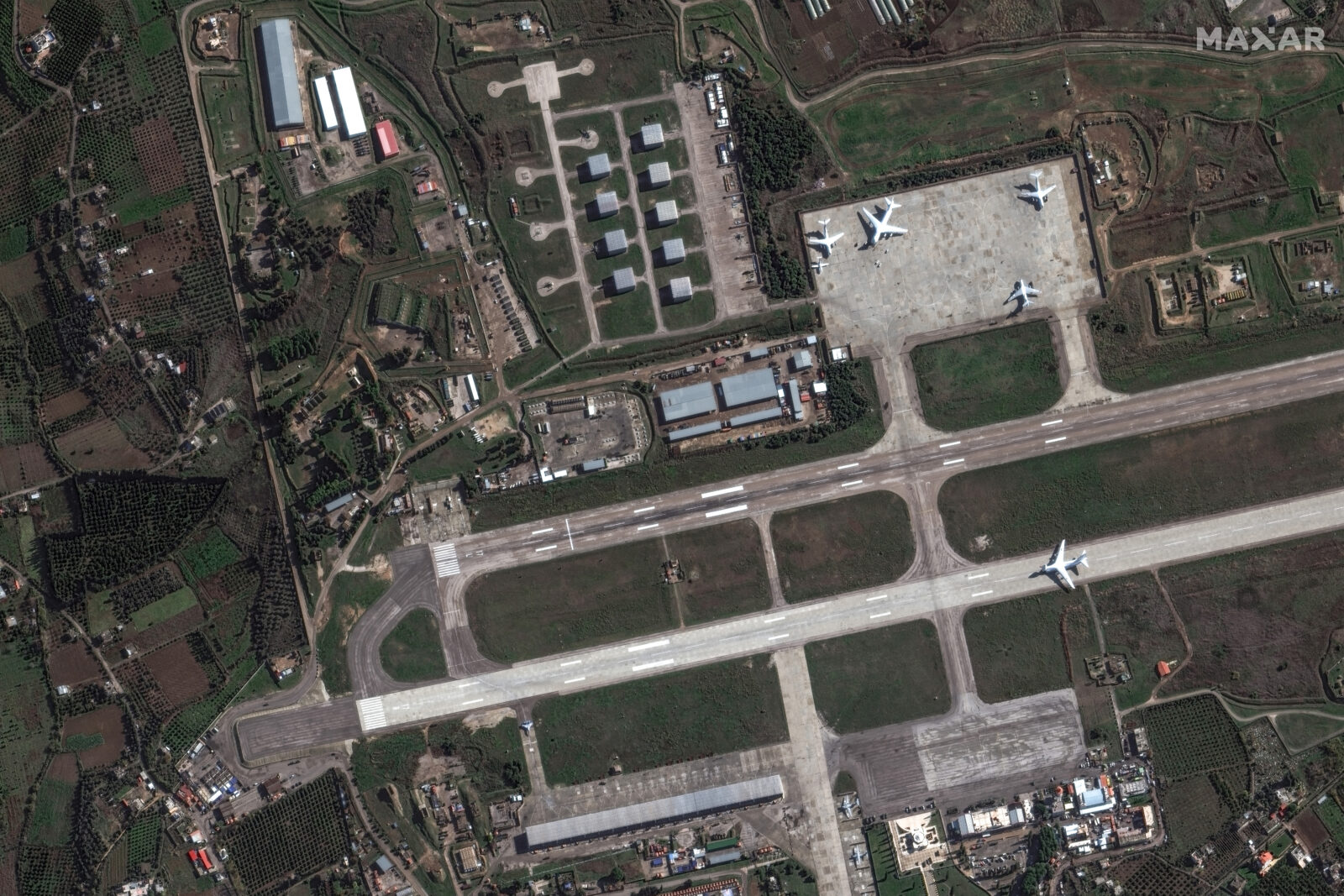HTS leader calls for shift to state-centric approach in Syria
 The leader of Syria's Hayat Tahrir al-Sham (HTS) group that headed a lightning rebel offensive snatching Damascus from government control, Abu Mohammed al-Jolani, address a crowd at the capital's landmark Umayyad Mosque on Dec.8, 2024. (AFP Photo)
The leader of Syria's Hayat Tahrir al-Sham (HTS) group that headed a lightning rebel offensive snatching Damascus from government control, Abu Mohammed al-Jolani, address a crowd at the capital's landmark Umayyad Mosque on Dec.8, 2024. (AFP Photo)
The leader of Hayat Tahrir al-Sham (HTS), Ahmad al-Shera, stressed the need to shift from a “revolutionary mentality to a state-centric mentality to govern” Syria and establish a state based on law and institutions to ensure sustainable stability.
Ahmed al-Shera, who is also known as Abu Muhammad al-Jolani, told Syria TV, broadcasting from Türkiye, that Damascus has been subjected to tragic conditions and the destruction has spread everywhere and emphasized the need for carefully crafted plans to end the tragedy, stressing the importance of collecting and analyzing data before taking steps to address urgent issues.
He highlighted the necessity of building a state founded on the rule of law and strong institutions to achieve sustainable stability. Shera noted that Syria’s future hinges on establishing governance and justice, urging the avoidance of past mistakes made under ousted leader Bashar Assad.
He also underscored that Syria’s new leadership is committed to ending the regime’s role in the production of the synthetic drug captagon.
Shera pointed out that efforts to overthrow the regime have been in preparation for years, emphasizing the importance of constructing a new Syria that upholds justice and guarantees the rights of all citizens.
Reflecting on the regime’s past, Shera noted how the Russian Air Force heavily targeted civilian areas, expressing concerns that similar tactics could be employed in northern Syria. He warned that it could mirror humanitarian crises in the Gaza Strip and exacerbate suffering in the region.
Israeli attacks
Shera criticized Israel’s recent actions in Syria.
“Israel’s arguments are now baseless and do not justify its recent violations,” according to Shera.
He accused Israel of exceeding the limits of its engagement in Syria, further escalating tensions in the region.
Noting that Syria has been deeply weakened by years of conflict, Shera emphasized that the focus at this stage should be on reconstruction and stabilization rather than being drawn into new conflicts that could cause additional destruction.
He urged the international community to urgently intervene and take responsibility for addressing the rising tensions. Shera stressed the need to control the situation, respect Syria’s sovereignty, and prevent further destabilization in the region.
He also highlighted the role of diplomacy as the only viable path to achieving security and stability. He said the fall of the regime was made possible by the unity of the Syrian people, underscoring the importance of maintaining that unity in building Syria’s future.
‘We have no enmity with the Iranian people’
Shera said Iran is “pursuing an expansionist project” in the region, which poses a threat to neighbors and Gulf countries.
“We have succeeded in ending Iran’s presence in Syria. However, we have no enmity with the Iranian people. Our problem is with policies that harm our country,” he said.


Relations with Russia
Shera said the Syrian leadership is trying to avoid provoking Russia and is giving Moscow the opportunity to evaluate its relations with Syria for the benefit of both countries.
He noted that the current stage requires careful management of international relations.
“Our priority now is to meet the basic needs of the people and work toward a more stable and just future,” he said.



